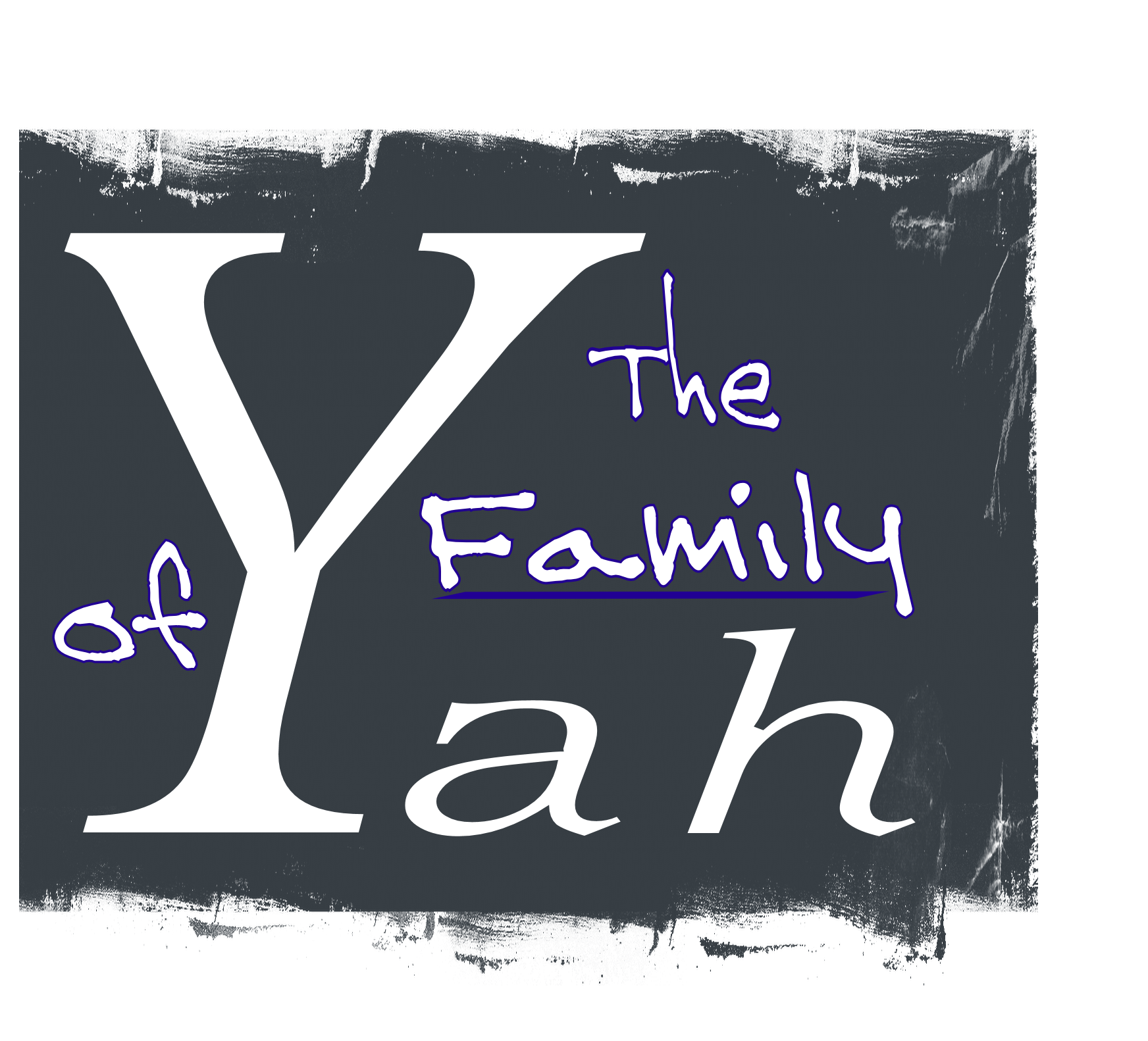Fulfill
Greek – 4137 – plerao
Outline of biblical usage:
to make full, to fill up, i.e. to fill to the full
to cause to abound, to furnish, or supply liberally
to render full, i.e. to complete
“And all this came to be in order to fill what was spoken by יהוה through the prophet, saying,”
Mattithyahu (Matthew) 1:22
“Do not think that I came to destroy the Torah or the Prophets. I did not come to destroy but to complete. For truly, I say to you, till the heaven and the earth pass away, one yod or one tittle shall by no means pass from the Torah till all be done.”
Mattithyahu (Matthew) 5:17-18
“And the Child grew and became strong in spirit, being filled with wisdom. And the favour of Elohim was upon Him.”
Luqas (Luke) 2:40
“He that has the bride is the bridegroom, but the friend of the bridegroom, who stands and hears him, rejoices greatly because of the voice of the bridegroom. So this joy of mine is complete.”
Yoḥanan (John) 3:29
“These words I have spoken to you, so that My joy might be in you, and that your joy might be complete.”
Yoḥanan (John) 15:11
“But Kĕpha said, “Ḥananyah, why has Satan filled your heart to lie to the Set-apart Spirit and keep back from the price of the land for yourself?””
Ma`asei (Acts) 5:3
“And even as they did not think it worthwhile to possess the knowledge of Elohim, Elohim gave them over to a worthless mind, to do what is improper, having been filled with all unrighteousness, whoring, wickedness, greed, evil; filled with envy, murder, fighting, deceit, evil habits; whisperers,”
Romiyim (Romans) 1:28-29
“And the Elohim of expectation fill you with all joy and peace in believing, that you overflow with expectation by the power of the Set-apart Spirit. Now I myself am persuaded concerning you, my brothers, that you too are filled with goodness, complete in all knowledge, able also to admonish one another.”
Romiyim (Romans) 15:13-14
“He who went down is also the One who went up far above all the heavens, to fill all.”
Eph`siyim (Ephesians) 4:10
“And this I pray, that your love might extend more and more in knowledge and all discernment, for you to examine the matters that differ, in order to be sincere, and not stumbling, until the day of Messiah, being filled with the fruit of righteousness, through יהושע Messiah, to the esteem and praise of Elohim.”
Pilipiyim (Philippians) 1:9-11
“That is also why we, from the day we heard, have not ceased praying for you, and asking that you be filled with the knowledge of His desire in all wisdom and spiritual understanding,”
Qolasim (Colossians) 1:9
The word fulfilled appears often in the Scriptures, but what does it actually mean? Many people quote Matthew 5:17 to argue that Yahusha the Messiah “fulfilled” the Torah, as though that means the Torah no longer applies. But when we look closely at the Greek word behind “fulfilled,” a much deeper meaning emerges.
The Greek word is plēróō (Strong’s G4137), which means to make full, to fill up, or to bring to completeness. It shows up around 90 times in the Apostolic Writings. Of those, it’s translated “fulfill” 51 times, “fill” or “be full” 26 times, and in a handful of cases it’s translated “complete” or “end.” This already tells us that the idea of fulfill is broader than just “finish.” Often it means “to bring something to its fullest measure.”
When we look at how this word is used, we see two main patterns. Sometimes it refers to prophecy being fulfilled—something promised in advance now brought to completion. For example: “All this came to be in order to fill what was spoken by YHWH through the prophet” (Matthew 1:22). Other times it refers to a person or situation being filled to the brim—like the child Yahusha “being filled with wisdom” (Luke 2:40) or Paul’s prayer that believers be “filled with the knowledge of His desire in all wisdom and spiritual understanding” (Colossians 1:9). Both uses point to the same root idea: something being brought to fullness, whether it’s a prophecy completed or a person overflowing with joy, wisdom, or righteousness.
This makes Matthew 5:17–18 especially important to understand. Yahusha says:
“Do not think that I came to destroy the Torah or the Prophets. I did not come to destroy but to complete. For truly I say to you, till the heaven and the earth pass away, one yod or one tittle shall by no means pass from the Torah till all be done.”
If we take His words at face value, He is not declaring Torah finished or abolished. Instead, He is saying He came to bring it to its intended fullness. He makes this clear in the very next verses, where He shows that commandments like “do not murder” and “do not commit adultery” are not just about outward behavior, but about the heart. Hatred is already murder in seed form, and lust is already adultery in the heart. The Torah isn’t less binding in Messiah—it is more complete, more searching, more full.

John’s gospel helps us see why. It opens with these words:
“In the beginning was the Word, and the Word was with Elohim, and the Word was Elohim… And the Word became flesh and pitched His tent among us” (John 1:1, 14).
Yahusha Himself was the living Torah—the Word of Elohim embodied in human form. His life was the perfect picture of Torah walked out in Spirit and in truth. To “fulfill” the Torah was not to erase it, but to live it in all its depth, to bring out its truest meaning, and to show His followers how to do the same.
When Messiah said He came to fulfill, He was not closing the book on the Torah and the Prophets. He was opening them wide, showing us their fullness and embodying them in His own life. The Torah was never meant to be a dry list of rules but the living revelation of Yahuah’s heart. In Yahusha, that heart was made visible: love, justice, mercy, and truth walking among us.
So what does this mean for us? It means we are not called to discard the Torah, but to live in its fullness through Messiah. As we follow Him, the Word that became flesh continues to be fulfilled in us, day by day, until the day when all things are complete in His kingdom.
Blessings!
JS




















1 comment
Todah! Amen! I read this for my children, mother and dear husband tonight. What a precious blessing.